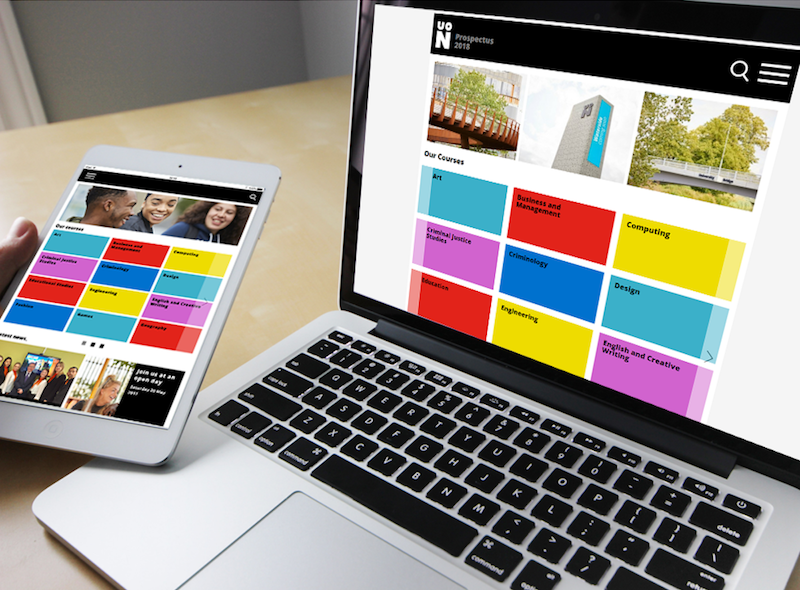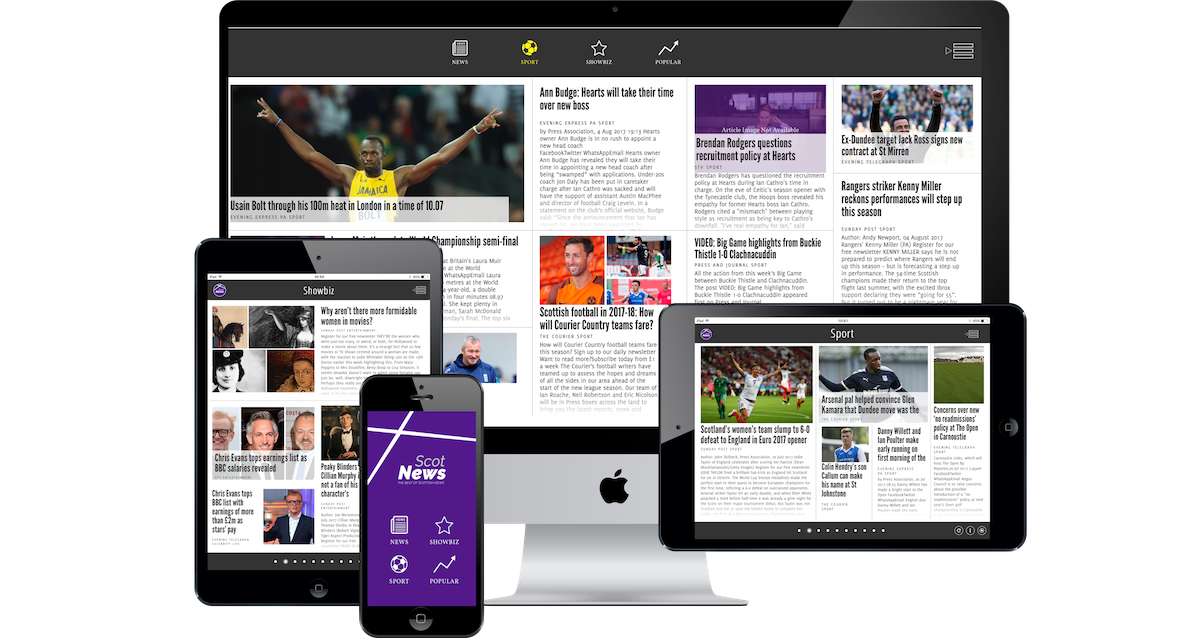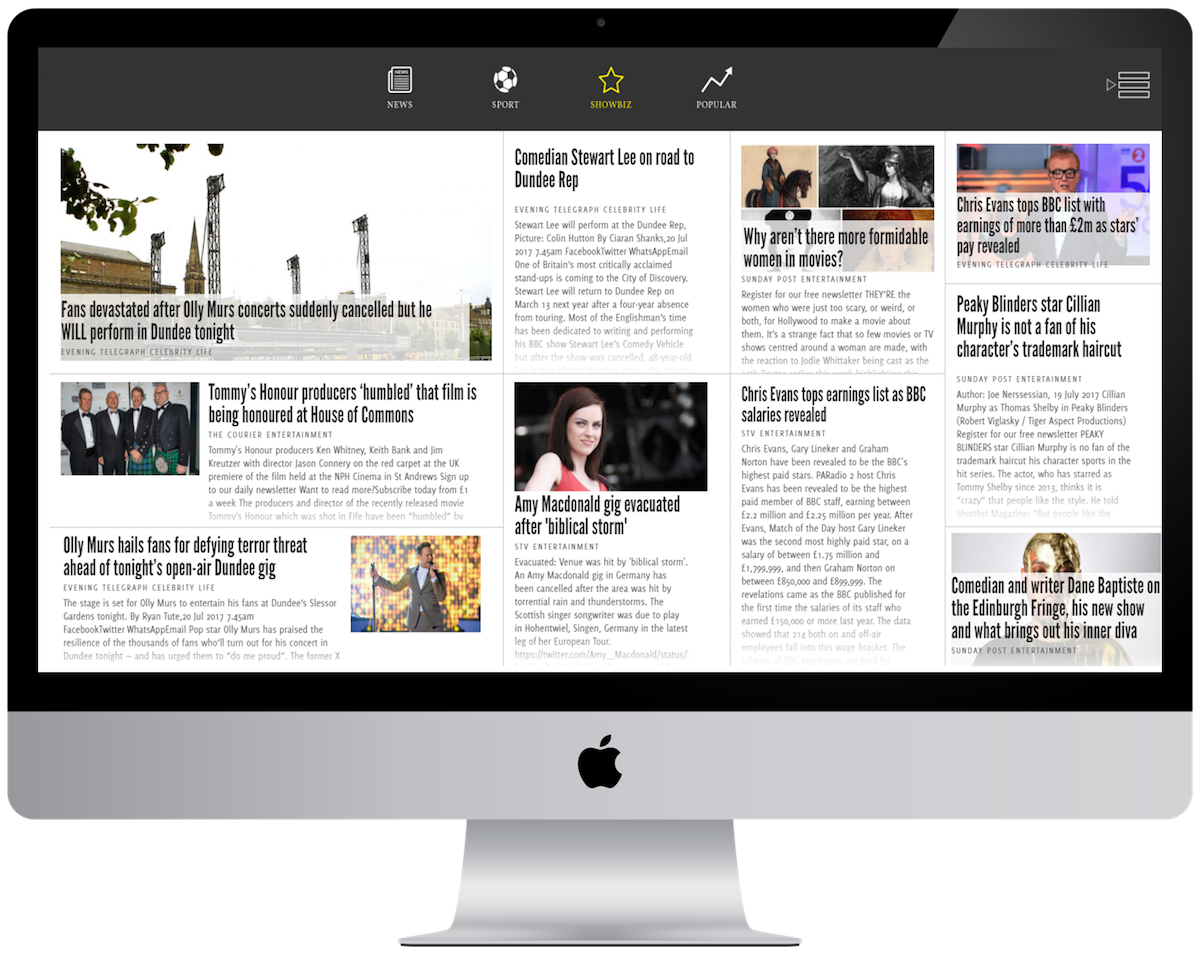Technology is key to face off disruption – Better Than Paper MD
For publishers to be entrepreneurial in the face of rapid market disruption, they need to be empowered, says Ashwin Saddul, founder and managing director of the London based, Better Than Paper. The best way to achieve this is to give publishers innovative but affordable technology.
“I sense a very palpable melancholic mood amongst some publishers. The industry is being utterly disrupted. Business models are being turned on its head. As a technology provider it is our responsibility to empower publishers to effectively use technology to mitigate the (negative) impact of these fundamental changes. No, to go even further. To level the playing field and give all publishers – big and small – the tools to experiment with their own format quickly, efficiently and gain the upper hand.”
Unfortunately, explains Saddul, the fear of failure when it comes to experimenting with new and better technology has paralysed many publishers. Those with small budgets avoid the expenditure, those with larger budgets have an ingrained fear of blowing the remaining budget and then having to explain to the board of directors or senior management why it didn’t quite work – especially true of legacy publishers who have already spent massive amounts of money on their now outdated systems and cannot justify any more expenses on new solutions.
This is simply outdated thinking, says Saddul, who self-funded the launch of Better Than Paper in 2011. His digital publishing platform went live in 2015. “Our aim was to give publishers the tools to be entrepreneurial once more by stripping away these fears because we know we can de-risk experimenting with new opportunities by keeping costs low. In this way technology should liberate publishers from current constraints. It’s an important role for us in the current fragile ecosystem.”

Smart content engine
Having developed a real-time publishing platform with solutions for brand and media publishing, employment engagement, as well as data and insight tools, Better Than Paper’s technology was inspired by the news and social network aggregator platform Flipboard. “But rather think of it as a white label version of Flipboard with a smart content engine plugged into the back of it,” says Saddul.
It provides a slick, easy and quick platform to digital publishing. By setting some basic filters with keywords the system will intelligently source social content, which is matched contextually with a publisher’s own premium or branded content.
Initially, much of the focus of their development was on corporates. “At the time I was thinking: ‘What would happen if I created a white label version of Flipboard and allow corporates to package up their own content and at the same time harness content surfacing on the internet through social and publish it alongside their own premium branded content?’ We can then create a constantly updating digital magazine that can be personalised based on customer preferences.”
Around 2016 he was confident that the technology proposition offered a versatile and alternative solution to the challenges publishers were encountering. In the early days content curation and social aggregation was relatively new to publishers. “Publishers felt endorsing curation and aggregation was akin to ‘Turkeys voting for Christmas’ because their own premium content was paramount,” remembers Saddul. “This mindset has now evolved and Better than Paper are now working with publishers who also use our smart aggregation technology to promote other editorial products from across their portfolios – improving content discovery, building new revenue streams and tactics to cross-pollinate editorial. We have a choice to create leverage from social content, package it up intelligently with publisher generated content to create a deeper, richer and a more contextual experience.”

Clear and direct return on investment
Thanks to this, publishers are now keen to experiment with it. “Where at the beginning publishers thought this was not part of their agenda, we now see a newfound interest in the technology.”
Publishers these days are also very aware that content platforms must provide clear and direct return on investment. “Platforms need to provide insight into relevant calls to action, integration of customer relationship management and real time data insight into the customer base. It is these disciplines, honed in the corporate sector, that we bring to the publishing sector at an affordable cost for all sizes of publishers.”
An example Saddul references is DC Thomson, one of the leading independent publishers in the UK, offering titles such as The Courier, Evening Telegraph and The Press and Journal. Better Than Paper provided the technology to create a new publishing platform for them to produce Scot News, a live content platform that is accessible 24/7 on mobile, tablet and desktop. The news platform publishes the latest Scottish news from across DC Thomson’s regional news titles, with all curated content, neatly packaged into a single, constantly updating publication. As the platform publishes in real time – this ensures that it’s packed with the latest new content from a variety of sources.
For the University of Northampton, Better Than Paper provided a dynamic and amendable online publishing platform to combine the traditional university print prospectus with a digital version. The digital prospectus, which can even be accessed offline, is a powerful sales tool for attracting prospective students in an age where a mobile device is young people’s window to the world. It now has a global reach and can be updated in real-time as and when changes are needed to the publication.

Failing fast to innovate faster
Reducing the cost of technology will remain paramount to publishers overcoming challenges through entrepreneurship, believes Saddul. “We need to democratise the use of better technology. It cannot only be in the hands of the large companies. To experiment, you need to be able to afford to fail. In fact, explains Saddul, having financed his business by remortgaging his own home, “I am great believer in failing fast in order to innovate faster.
“Everyone is talking about the need for change but the problem is that since we were young we were all programmed to perceive failure as negative. With what is happening in the industry at the moment publishers really need to turn that switch off. Failure is imperative to business success. While some publishers are still staring into the abyss, those who embrace failure as part of their workplace culture to explore new possibilities and empower entrepreneurial ways will inevitably succeed.”
As an early stage business making significant inroads into publishing as technology vendor, Better Than Paper is now seeking Series A investment to grow the business. Part of this is to continue to innovate to stay ahead of markets trends and also access wider UK and global publishing markets. “With a platform agnostic web – content anywhere, on any device at any time – we are obliged to continue to invest to grow our proposition.”

More about Ashwin Saddul
Prior to launching Better than Paper, Ashwin Saddul was of Head of Client Strategy at UTV Pitch Media (now owned by NewsUK) and has over 15 years sales and media experience. His previous blue-chip clients include Ford, BP, Unilever, Heineken, Mars, P&G, Bosch, Sony and COI. He has a Master’s Degree in Advertising and Marketing.
More like this
How culture can save publishers
How constraints breed creativity for Attica Media Group’s digital transformation
Why the licensing format remains healthy – an interview with Daniel Gesse of G+J
Why collaboration will save our industry – insights from the southern tip of Africa







